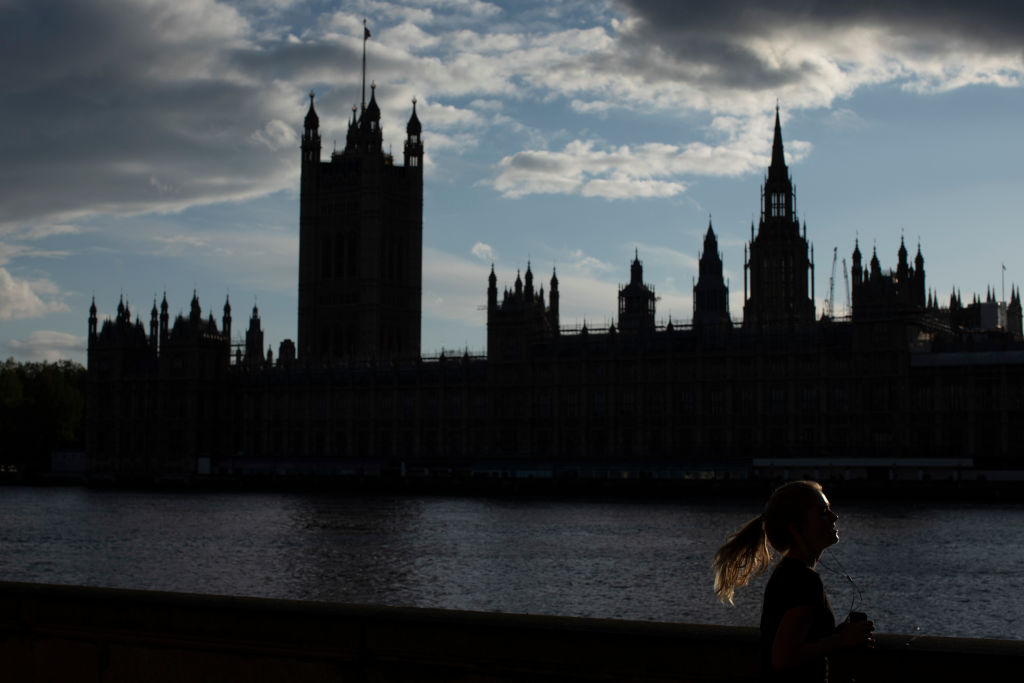Is the new normal here to stay? For the sake of our parliamentary democracy, let’s hope not.
There is little doubt that holding the Government to account has been made harder by the imposition of restrictions during the pandemic. During the Covid crisis, politicians have been too keen to treat parliament as a normal workplace; the truth is that it isn’t and never will be.
If ever there was a good excuse for an ‘us versus them’ rule exemption, surely it would have been to honour the public by ensuring scrutiny and pushback against the Government removing people’s liberties so easily. Instead, parliamentary proceedings have taken the hybrid form of in-person and Zoom proceedings. This is an unhappy compromise for which we are all worse off.
For too long now, grass-roots activists have been denied the right to look parliamentarians in the eye
At the very time when the Executive needed to be prodded, probed and interrogated over the hundreds of statutory instruments controlling every aspect of public life, Parliament was reduced to stultifying and formulaic set speeches; there was little ability for peers or MPs to push each other for clarity or to dig deeply into ministers’ answers or explanations. What has been lost in the process is the meaningful, interactive spontaneity that is so vital to the lifeblood of Parliament. Our democracy has suffered as a result.
Even as ‘freedom day’ approaches on 19 July, it seems likely there will be a slothful return to spontaneity in Britain. Here, Parliament is no exception. The green and red benches will have to wait until at least September until they are busy. Yet even in the week before the Commons and Lords head into summer recess, there are plenty of worrying developments that need our fullest attention; renewed talk of vaccine certification, and surprise votes on mandatory vaccines for care workers, are just two high-profile examples.
MPs and peers need to be physically present to hold the Government’s feet to the fire on all these points and more. Surely, it would be a real show of leadership in encouraging a full-time return to work among the public if we led by example.
Speaking of the public, MPs and peers like me should all relish the return of the public to parliament. Both Houses need to feel the presence and pressure of hordes of lobbyists — not the paid variety, of course – but constituents lobbying MPs and peers on matters of urgency.
For too long now, grass-roots activists have been denied the right to look parliamentarians in the eye and challenge them to account for decisions. We should all welcome groups of sixth-formers, full of awkward-squad teenagers stroppily asking why the House of Lords should not be abolished, and activists from across the country and across political divides demanding answers and actions. Without the public valuably putting both Houses under pressure, Parliament is denied its raison d’être. We owe it to the public to resume normal business as urgently as possible on their behalf.
As a newbie member of the Lords, the hybrid parliament has also made another thing clear to me: it is only through real-life interactions that you can truly learn the ropes. Zoom will never replace the pressure of human interactions or the importance of informal chats. I have stood at the wrong times, faced the wrong way during prayers, made second reading speeches in committee, confused committee stage with report, missed my supplementary questions and voted against my intentions by pressing the wrong button.
In all these moments, it was the graciousness of those physically present in the Lords — Peers, clerks and doorkeepers — who took me to one side and gently corrected me. These interventions have helped me get the hang of things; slowly.
Up and down the country, there are plenty of others who share in this view of the pitfalls of the new normal. Let’s hope for the sake of Britain’s proud history of democracy that things soon change and we are able, once again, to meet in Parliament, in person.






Comments